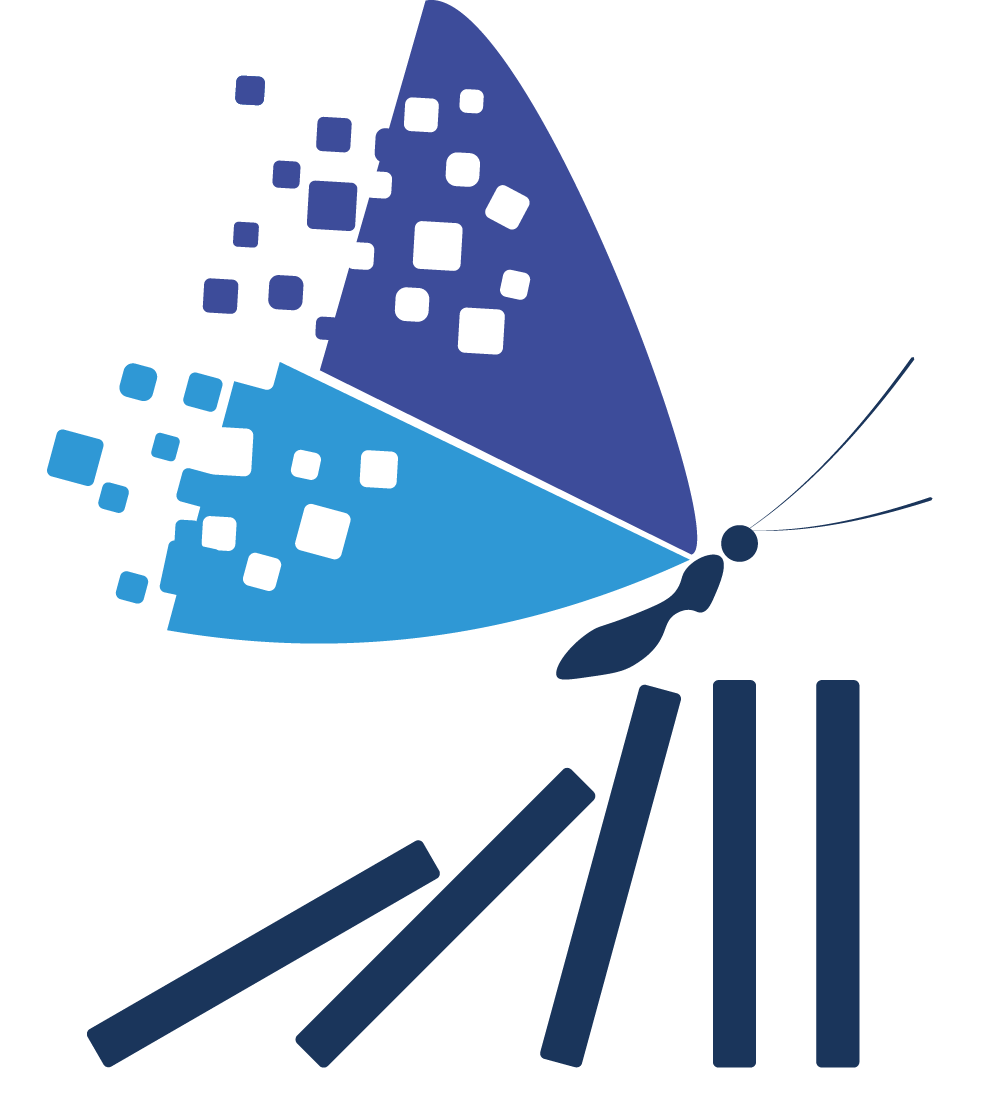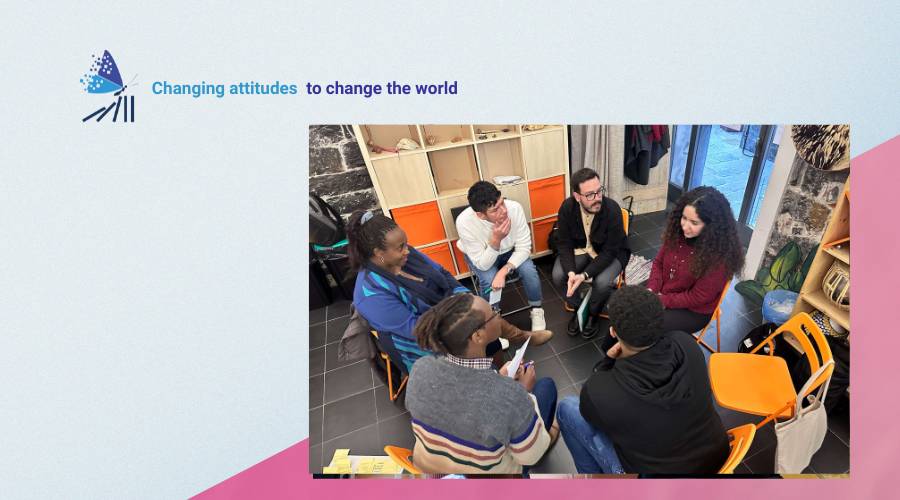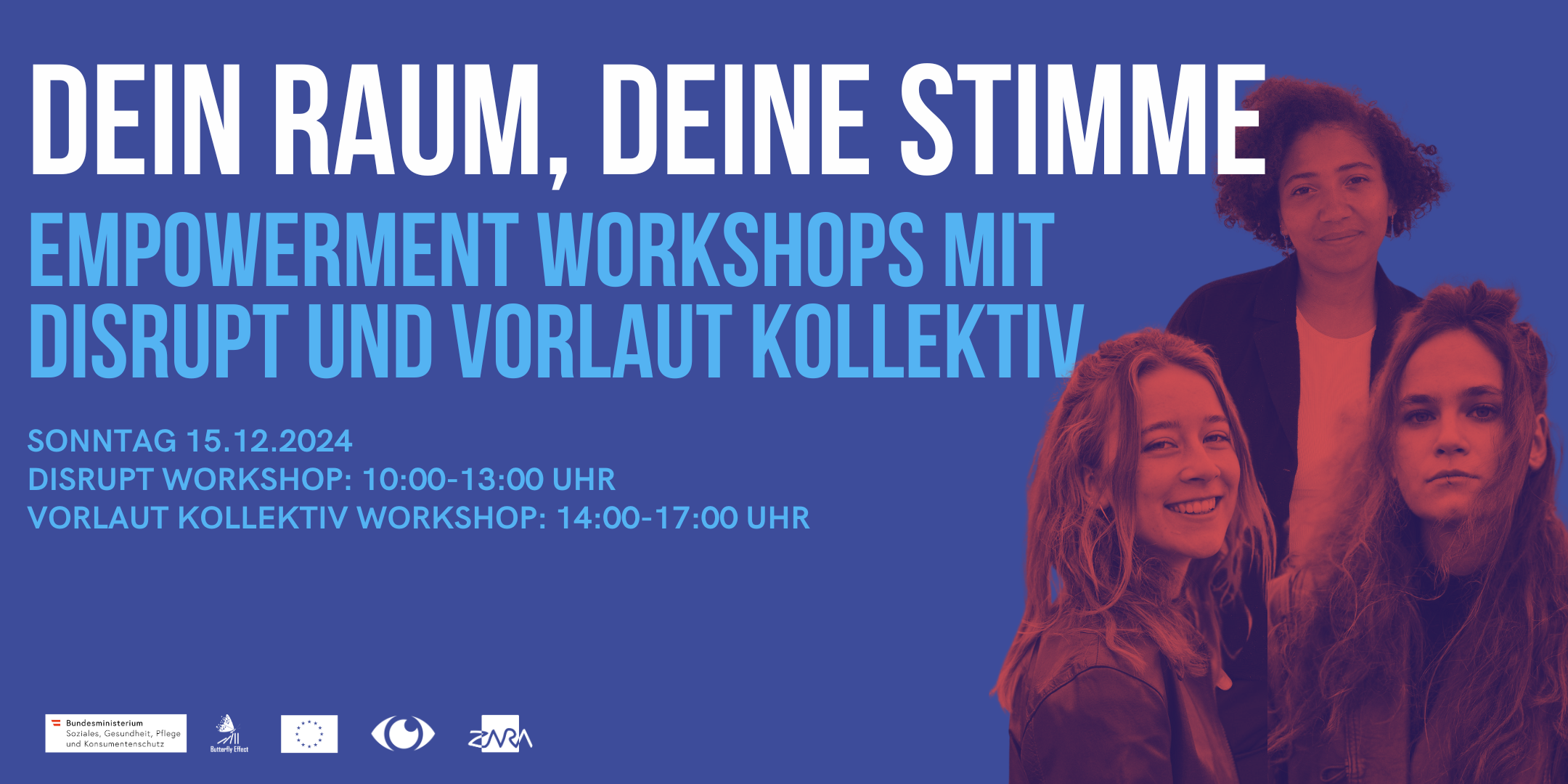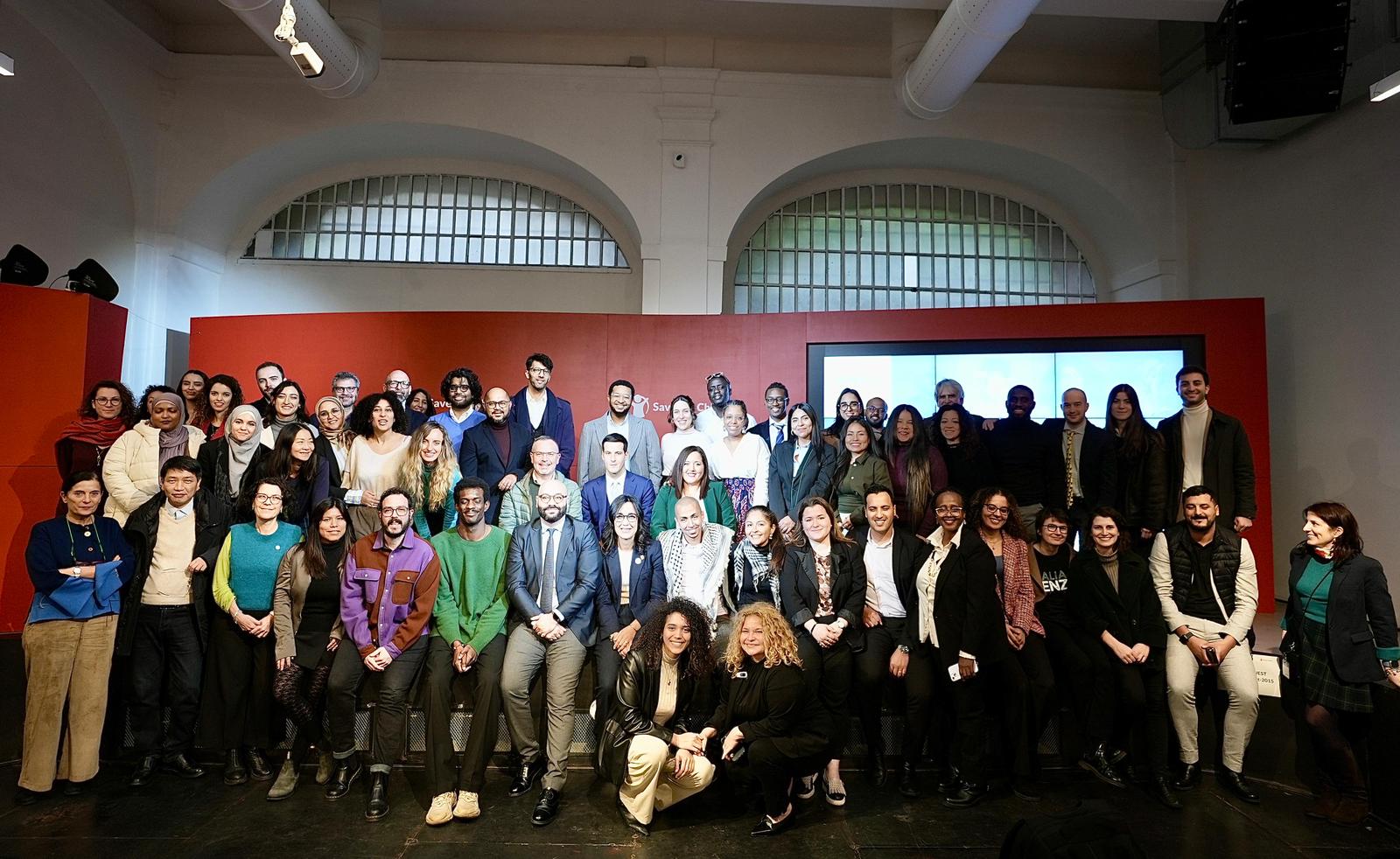On 27 January 2024 an event organized by CONNGI for youth people engaged in activism took place at Laboratorio Mediterraneo in Genoa with the facilitation of Simohamed Kaabour teacher, cultural mediator and rights activist.
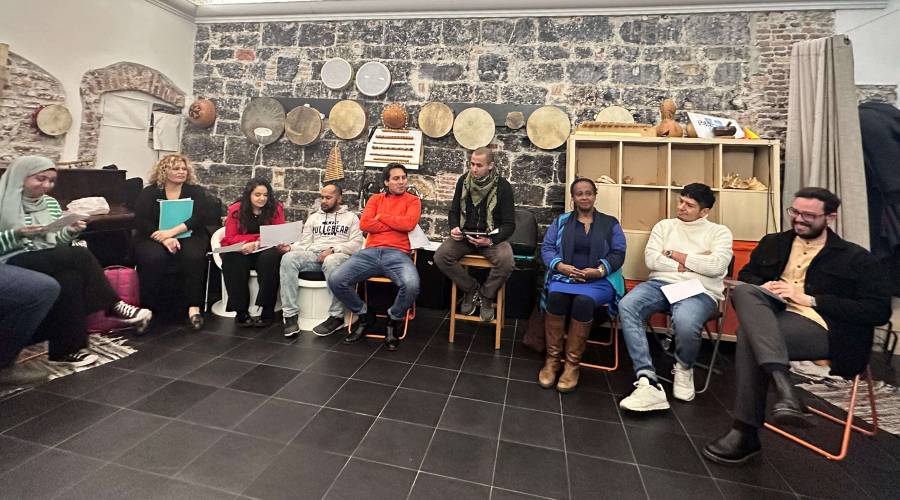
The facilitator proposed a discussion through specific questions concerning racist phenomena: hate crimes, racialization, personal experiences on hate incidents and how overcome these situations. Hate and discriminatory actions were also discussed, though they do not necessarily mean crimes, but “microaggressions’’, that especially harm psychologically people. It was evident how addressing these phenomena may prevent not only hate actions but also hate crimes.
Another issue addressed was “what is racialization and do you feel or have you felt being racialized?”. Experiences were shared, and it came out that some of the people who racialize others are often biased by the environment in which they live in, low levels of education and lack of information.
The facilitator also asked “how do you deal with hate/discriminatory speech, actions or crimes?”
Some of the participants replied that they get involved in anti-racism or anti-discrimination projects where they get to inform themselves about these phenomena and get to share with other people their frustrations and possible solutions to these incidents. Some participants organized workshops especially for young people, educators, volunteers and members of public institutions that focus on contrasting hate/discriminatory acts where spaces of dialogue are created, information is shared, ideas are exchanged and finally concluding with better strategies in preventing and dealing with these wrong acts.
Some participants considered essential the diffusion of best practices in “diversity management” through social media channels as well as using the same channels to communicate how harmful hate/discriminatory acts are, the impact of these acts exert on the victims and what might be the appropriate ways of dealing with these incidents either in terms of prevention or solutions. Some participants shared words of resilience (in their mother tongue) that they try to repeat to themselves when they experience hate/discriminatory incidents, these words were explained in Italian and it is believed that this may help one to deal psychologically with these disturbing situations.
Butterfly Effect project has the general objective of strengthening the capacity of young people, the educational community and youth organizations to tackle hate incidents and support young victims through an intersectional and gender-sensitive approach.
Listening, sharing and active participation of young people are central to this project, through different types of activities, including focus groups and participatory meetings.
The facilitator proposed to start the meeting with an icebreaker game to make all the participants talk and get to know more about each other.
Each participant, writing on a post-it, defined what are hate crimes according to him/her. The feedback focalized on “genocide’’, “slavery’’ where a targeted group of people are deprived of their rights to study, work and learn a living and even at times deprived of their right to live only because of their identity features, beliefs or cultural characteristics.
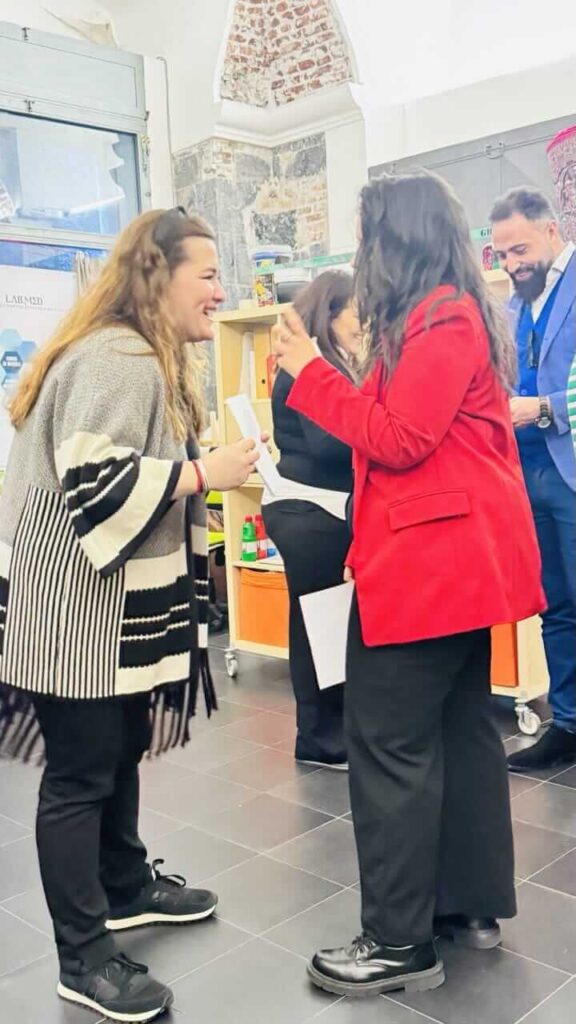
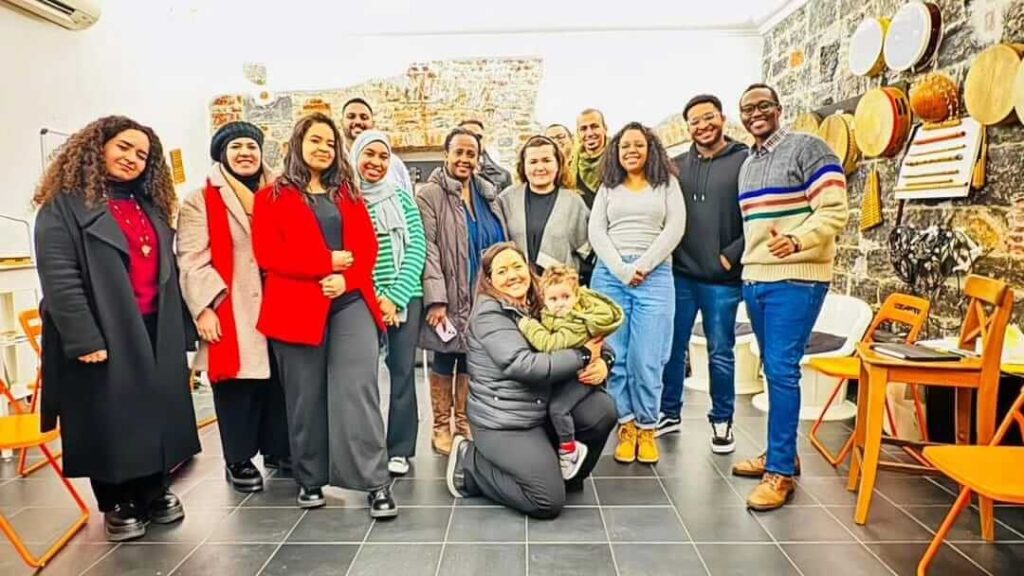
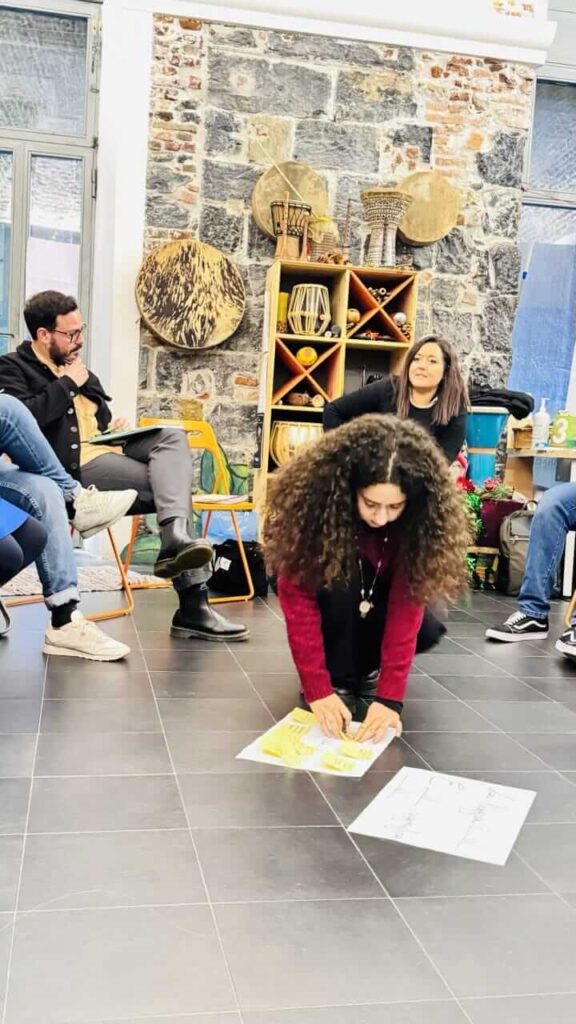
The participants shared their reflections on the concept of diversity and it emerged that it is fundamental to value our existing world of diversities because it produces a more united, culturally rich, safer and less boring community.
In the second part, the participatory meeting was held, to stimulate debate, identify new effective ways to address hate incidents and speech and share experiences, supporting strategies and good practices. Participants from different youth organizations can build a collaborative relationship and create a space for experiential learning for an interactive and participatory planning process of further activities.
The facilitator proposed that each participant complete the sentence “the word is … and it means…” and write it on a post-it note. All the feedback can be summarized in the phrase: “The language is power and power is responsibility” which describes what racism and all kinds of discrimination can be stopped and can be avoided by dosing the words and the meaning behind them. The question left all the participants with a renewed way of seeing all the events that had occurred in their life.
Then, divided into small groups, the participants had the opportunity to share a discriminatory event that happened in their lives, including how they felt in that moment. It emerged that all events were interconnected
and culture plays a big role in how words are use and the meaning behind them. For istance, one of the participants showed us how a word that in the “west” is seen as a racist slur, in her culture is seen as way to show affection to someone.
Culture and personal background can charge how each of us interpret the word and the value that we give them when we talk. The intentions behind certain words/actions might be good but from the moment those acts and words are conceptually mistaken we should always correct them.
The activity was then concluded with take home messages made up of words or sentences that marked the participants the most during this event.
